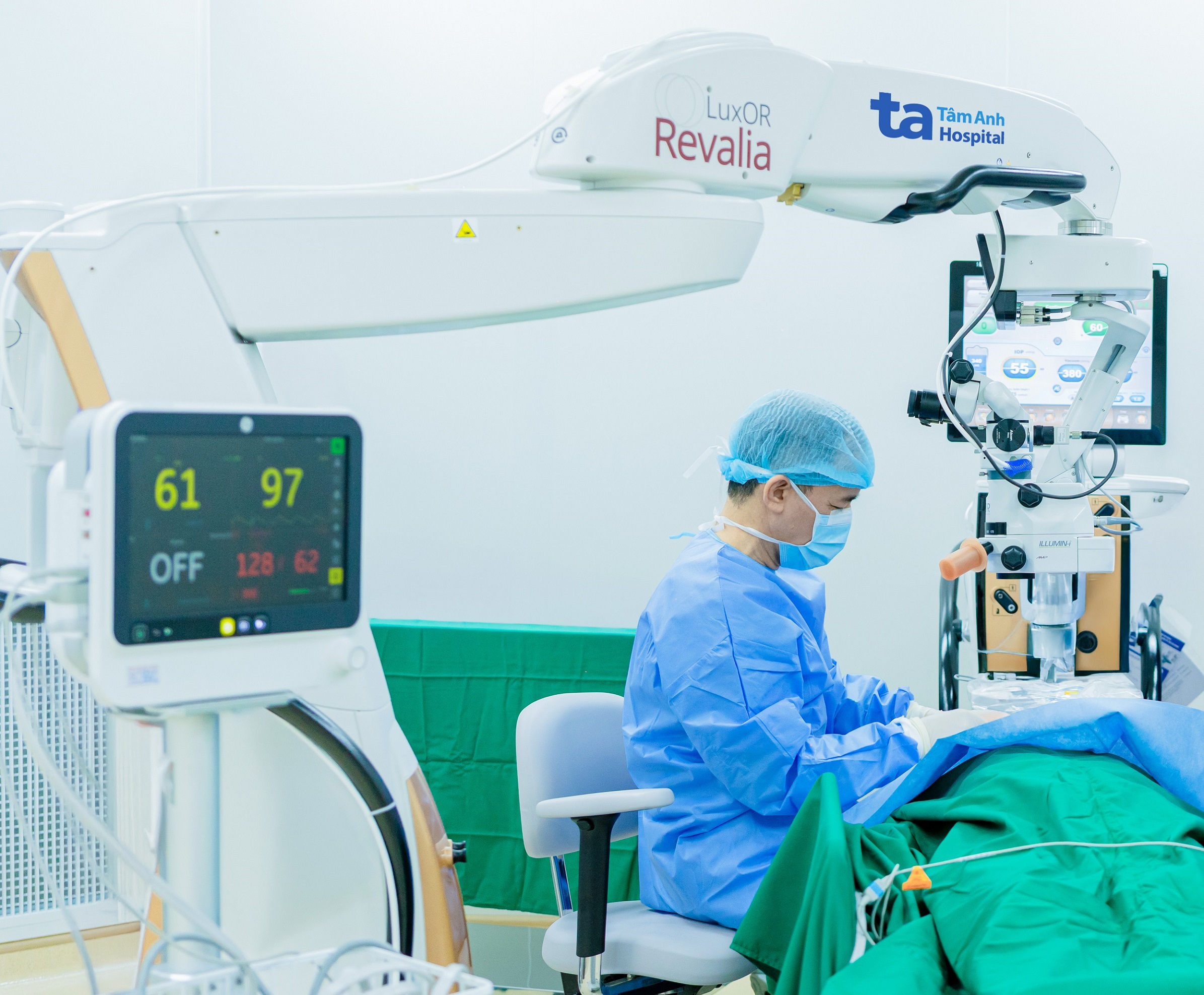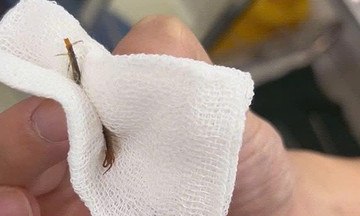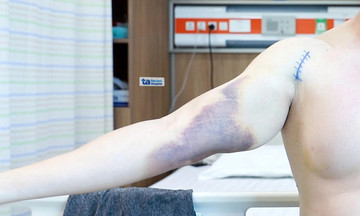Answer:
Glaucoma damages the optic nerve. It tends to progress irreversibly and is often linked to an imbalance in the production and drainage of fluid within the eye. Glaucoma often progresses silently and can cause permanent vision loss if not detected and treated early. Due to the lack of early symptoms, many cases are only discovered when vision has significantly decreased or severe eye pain occurs. Lowering eye pressure is an effective method to slow glaucoma's progression.
Cataracts involve the clouding of the eye's lens, affecting light and image reception. Cataracts are typically age-related, but they can also occur in individuals with certain medical conditions, after eye trauma or surgery, or from prolonged use of corticosteroid medications.
Treatment for patients with both glaucoma and cataracts depends on several factors: the extent of optic nerve damage, how well eye pressure is controlled, the impact of cataracts on vision, and disease progression.
For glaucoma patients, the primary goal is to lower and maintain eye pressure at a suitable level, depending on the stage of the disease (called target intraocular pressure), to protect the optic nerve. Eye drops that reduce fluid production or increase drainage can be helpful. If medication doesn't control the disease, laser or surgical intervention may be necessary.
 |
A doctor performs cataract surgery. Photo illustration: Tam Anh General Hospital. |
Cataract surgery (Phacoemulsification) improves vision and can also reduce intraocular pressure in some glaucoma patients, especially those with a narrow anterior chamber angle or a thick lens obstructing fluid flow. In these cases, Phacoemulsification may be performed earlier than usual to preserve vision, help control eye pressure, and more clearly monitor optic nerve damage.
For patients whose eye pressure remains unstable despite using multiple eye drops, doctors may perform combined surgery. This involves replacing the natural lens with an artificial one and performing a procedure to improve fluid drainage, such as a trabeculectomy or the insertion of a drainage implant. You should consult a specialist at a hospital with an ophthalmology department for a thorough evaluation.
MSc. MD Tang Ngoc Anh
Deputy Head of the Ophthalmology Department, High-Tech Eye Center
Tam Anh General Hospital, Ho Chi Minh City
| Readers can submit questions about eye diseases here for doctors to answer. |












